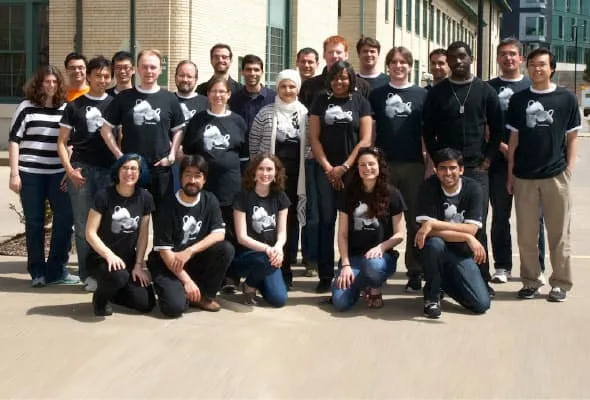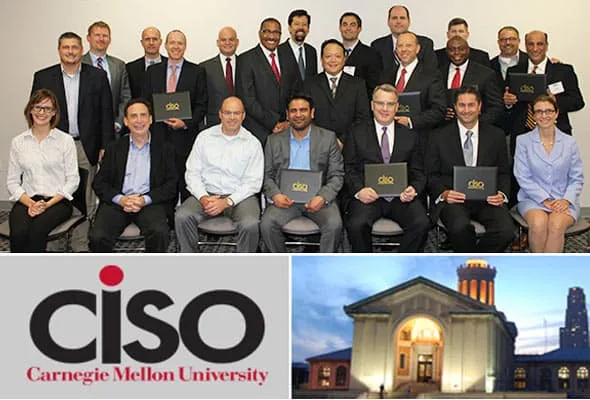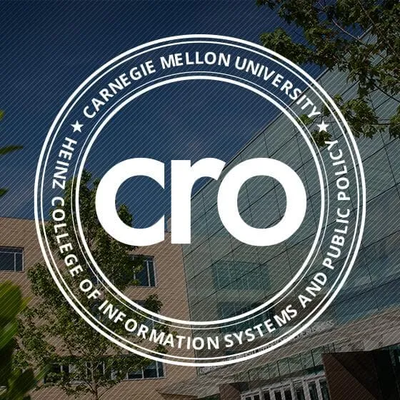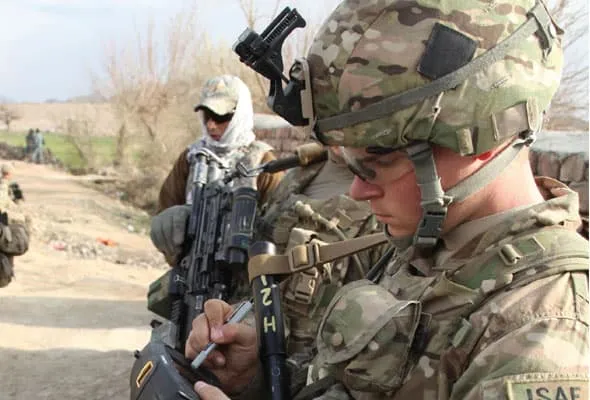Collaboration with Carnegie Mellon University
The Software Engineering Institute is part of Carnegie Mellon University and enjoys a fruitful partnership with CMU in the areas of teaching, technology transfer through student employment, and research initiatives. A number of the technical staff at the SEI also hold faculty positions at CMU while many others collaborate with the world-class community of researchers and innovators at the university. Undergraduate and graduate students can take advantage of our internship opportunities, and while students from any university are encouraged to apply, many of these positions are awarded to CMU students. The SEI has a long history of enriching its work by partnering with CMU on numerous major research projects, some of which are described on this page.
CyLab Security and Privacy Institute
Creating a World in Which People Can Trust Technology
The CMU CyLab Security and Privacy Institute develops new technologies for secure, available, and sustainable computing for everyone, from home users to small businesses to large corporations. With a shared vision of a world in which people can trust technology, the university combines its expertise with related research centers under one umbrella organization called CyLab Security and Privacy Institute.
CyLab builds on CMU's proven problem-solving approaches and its record of interdisciplinary research and has trained over 180,000 people in the field of cybersecurity. It includes over 300 faculty and student researchers from across the university, spanning the fields of engineering, computer science, public policy, business, and humanities, as well as the CERT Division at the SEI. The CERT Division contributes its expertise in developing technology and systems management practices to resist attacks on networked systems, limit damage, and ensure continuity of critical services.

Heinz College CISO Certificate Program
Enhancing Skills for Today's Cyber Leaders
Carnegie Mellon University's H. John Heinz III College partners with the SEI to offer the Chief Information Security Officer Executive Education and Certificate Program. Instructors for the CISO-Executive program come from the SEI, the Heinz College, and select industry organizations.
Designed for executives and cybersecurity professionals, the program develops skill sets that are missing from both the public and private sectors. It stresses current research and best practices for CISOs and others who are seeking to advance into an executive position focusing on cybersecurity.
It consists of 13 modules over a period of six months, with each class focusing on a specific subject and a business case that addresses real-word cybersecurity challenges. SEI instructors teach modules on cyber risk management, operational cyber resilience, insider threat programs, and supply-chain risk management. The program also includes a practicum on designing and implementing a successful cybersecurity project. In the practicum, candidates develop and enact a project that demonstrates application of CISO skills in a real work environment.

Heinz College CRO Certificate Program
Enabling Leaders to Thrive in a Risk-Filled Environment
Carnegie Mellon University’s Heinz College of Information Systems and Public Policy and CMU’s Risk and Regulatory Services Innovation Center partner with the CERT Division of the Software Engineering Institute partners to offer the Chief Risk Officer (CRO) Certificate.
Part of the Heinz College’s Executive Education Program, this program is designed to provide leaders in risk management with the opportunity to gain the latest skills and best practices impacting their domain. Areas of focus include strategies for effectively communicating risks to executive leadership professionals, and tools for analyzing and addressing enterprise risks.
Each class over the six months focuses on a specific subject and a business case that addresses real-word risk challenges. Learning objectives are met through a combination of expert faculty instruction, business case analyses, and active exchanges with thought leaders in the field. As part of this certificate program, learners will conceive, develop or enhance, and deliver an enterprise risk plan for an organization that is applicable in today’s business environment.

Tactical Cloudlets
Supporting Warfighters and First Responders
Military and emergency personnel operating in hostile and crisis environments need robust and reliable mobile applications. These applications perform tasks such as speech and image recognition, natural language processing, and situational awareness, but they drain the mobile device's battery power and computing resources. Unfortunately, battlefield and disaster environments often have limited power resources and poor network connectivity.
The SEI wants to bring the benefits of cloud computing closer to soldiers in the field, first responders, and disaster-relief workers. To do this, we collaborated with Mahadev Satyanarayanan of Carnegie Mellon University's School of Computer Science. Dr. Satyanarayanan created the concept of cloudlets. They are discoverable, generic, stateless servers located in single-hop proximity to mobile devices.
The SEI worked with Dr. Satyanarayanan to develop a software solution that enables the quick deployment of “tactical cloudlets.” These cloudlets allow soldiers to offload resource-intensive computations from their mobile devices. They also filter data to remove unnecessary data from streams. And they serve as collection points for data headed to enterprise repositories. Together, these capabilities lead to better situational awareness and decision making at the edge.
